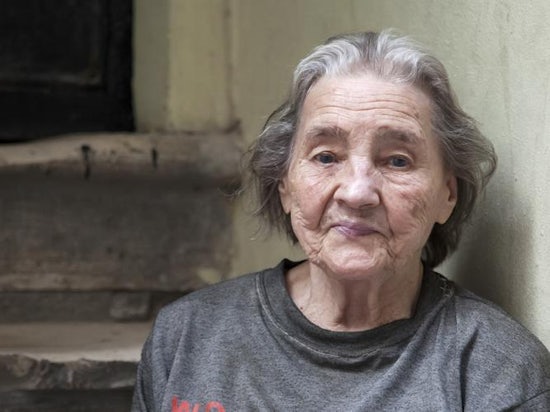Invisible victims: single older women in the housing crisis
Single older women represent the fastest growing group among the homeless in Australia, where 17 percent of homeless people are aged 55 or over.

Single older women have emerged as a group highly vulnerable to precarious housing or homelessness in later life (Source: Shutterstock)
The drop in rental affordability in metropolitan areas all around the country is driving homelessness up, and most pensioners are paying more than 60 percent of their income on accommodation, as Talking Aged Care reported last week.
In the last five years there has been a 44 percent increase in older people living in the private rental housing, an often-inhospitable market for them.
Australian women are likely to retire with only half the retirement savings of men, due to factors including gendered working patterns, lower pay rates, increased life expectancy, and divorce rates.
“Single older women in particular have emerged as a group highly vulnerable to precarious housing or homelessness in later life as they have accumulated few assets, have little superannuation, and have not attained home ownership,” says Dr. Maree Petersen, an expert in the area of older women’s homelessness.
For many women who relied on their husbands for income, losing a husband to divorce or death can be devastating.
Dr. Petersen says many of the older women experiencing homelessness have lived a ‘conventional life,’ and never owned a home of their own.
“When I write conventional lives I mean the women have worked, raised families, and rented their homes, [but] not attained home ownership,” she says. “There are increasing numbers of older women living in marginal housing and at risk of homelessness due to unaffordable rents and evictions.”
“There are also a significant number of older women who have aged as homeless, and often have complex mental health concerns and substance abuse issues that are longstanding.”
The number of women aged 65 and over experiencing homelessness has increased 20 percent since 2006, according to Homelessness Australia.
Dr. Petersen says there is a shortage of programs designed specifically to help them, though she notes that this is “changing for the better.”
In her 2014 research, Dr. Petersen found that most homelessness programs “were traditional programs […] providing temporary accommodation, or shelters, or perhaps shared accommodation.”
She explains that investment in mainstream, independent, and permanent housing, rather than ‘temporary or stepped’ accommodation, is important to combat the problem.
“The limited availability of social housing means they have to rely on the expensive private rental market. It makes rent unaffordable when you are on a low income, whether that is a benefit or wages.”
Before this year’s budget was released, Ian Yates, the chief executive of COTA Australia, the nation’s leading aged advocacy group, called on the government to recognise the importance of safe, secure housing, rather than focussing only on property ownership.
While the government did introduce changes to make downsizing easier and more affordable, little action was taken to curb the rental market.
In response, Housing for the Aged Action Group claimed the government didn’t consider “the emotional impact of selling up and moving away from your community and supports.”
“This isn’t encouraging people to age in place, it’s asking them to kindly age in another place and incur the costs, which can be more than $25000,” says manager Fiona York.
Dr. Petersen also saw budget measures as inadequate. “Not to take away from the needs of younger people, [but] the budget targeted first home buyers only,” she says.
While the Turnbull government’s budget did ensure the continued, indexed funding for homelessness and housing services, the amount of funding was not increased.
Dr. Petersen believes that a greater range of issues need to be considered, “given that it is impossible to afford private rent whilst reliant on the fixed low income of the aged pension or other benefit, or low wages.”
She is calling for further investment in social housing, changes to tenancy laws permitting the evictions of tenants “through no fault of their own,” who will therefore facing rent increases, and action on negative gearing and investment housing “left vacant for capital gains”.























